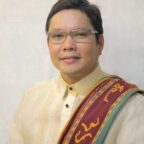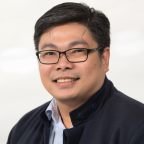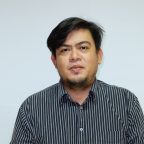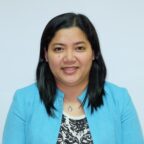The island municipalities of Batanes are known for having hazard resilient local cultures. However, there remains opportunities to further strengthen their resilience through the integration of science-based resources and capacities. To set the stage for traditional and scientific knowledge to co-exist in resilience building, this project aims to employ participatory capacity building workshops on climate and disaster risk assessment, probabilistic hazard risk assessment, and science-based policy and planning via a gender equal and socially inclusive lens. Through the Learn, Do, Reflect, phases of the project, Batanes is expected to have an improved local data and risk information system, strengthened scientist-community partnerships, and outlined risk-informed policies and plans. Already armed with a hazard resilient traditional knowledge, the project activities shall help the people of Batanes to achieve the SDG goal on climate action by equipping them with science-based skills that shall facilitate the incorporation of the Sendai Framework guiding principle on using a multi-hazard approach and inclusive, science-based decision making, complemented by traditional knowledge in their local development planning process. The proposed project shall facilitate the exchange of knowledge among the academe and the communities and may serve as a benchmark study on how science and traditional knowledge can co-exist in resilience building.
Project Leader
Project Collaborators

Alfredo Mahar Francisco A. Lagmay

Juan M. Pulhin

Mark Anthony M. Gamboa
Arge Louise Joy Esquivel
April Dawn F. Tegelan
Julius C. Obrique
John Kenneth B. Suarez
Geoel Anthony Yu Esguerra
Marie Claire Mandar
Ella Danielle C. Santiaguel
Kristian Audri D. Gabriel
Janiella A. Sandoval
Rysch Nae S. Subijano

